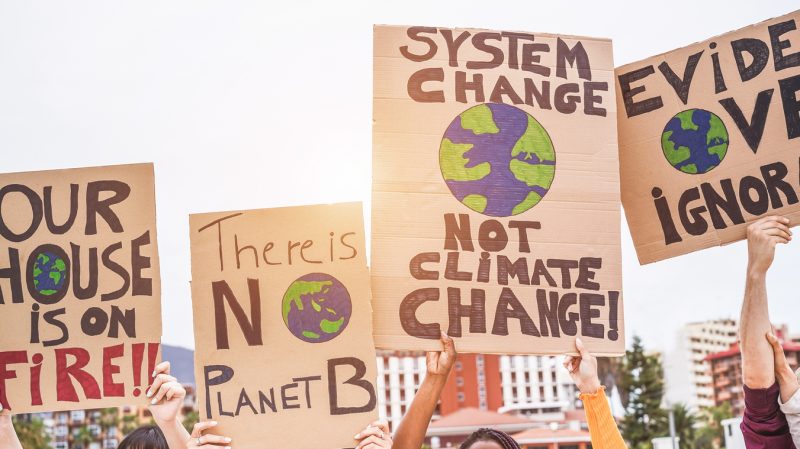The climate crisis might be the marketing industry’s defining moment
WorkForClimate director Lucy Piper looks at how marketers can – and should – use their influence to make an impact on the world’s hottest issue.
In our lifetime, climate change has gone from being conceptual to experiential. To paraphrase former US President Barack Obama: we are the first generation to experience the effects of climate change, and the last generation who can stop it getting worse. Whether we like it or not, if we aren’t doing everything in our power to turn the tide on the climate crisis every single day, we are complicit.
It isn’t our fault that we’re in this predicament, but what happens next is up to us. And while that’s an intimidating prospect, we have the potential to build something new and brilliant. And for those who work in the creative and communication industries, I can’t think of a more exhilarating or important brief.



The only “crisis” is the fear among self-appointed elites that the masses are waking up to their elaborate scam, in which they stand to win while the other 95% lose. God forbid that the people would discover they’ve been conned! Quick, do something before they find out! Yep, it’s a crisis.
Could not agree more. We’re all responsible (all=humans) and each of us needs to step up and take whatever responsibility we are able to.